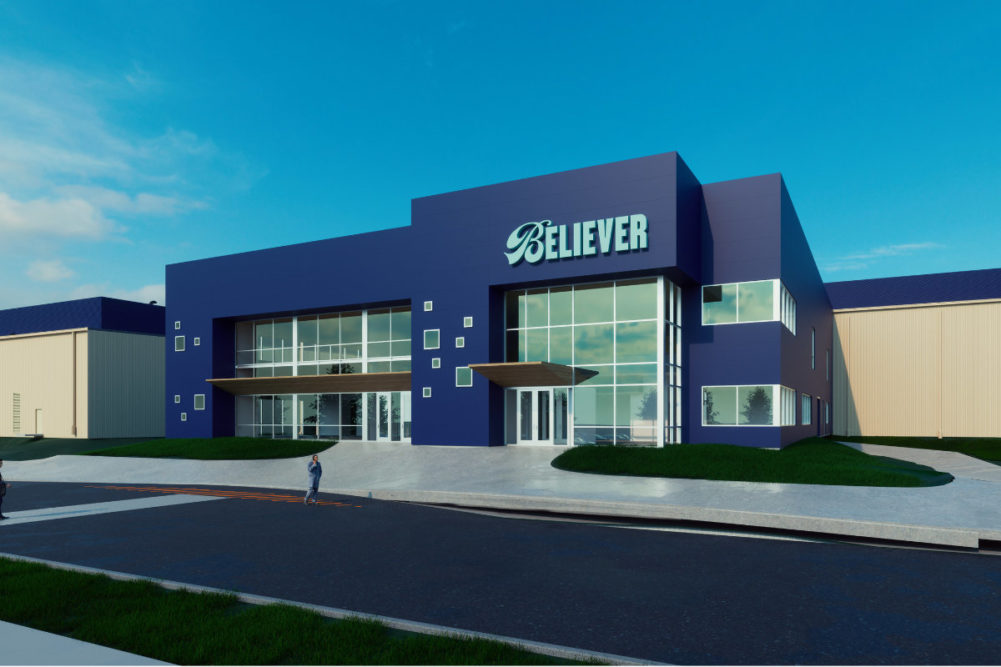WILSON, NC. — Cultivated meat producer Believer Meats announced on Dec. 7 that it would officially break ground on its first US commercial facility in Wilson, NC, where it plans to invest more than $123 million.
According to the company, the future 200,000-square-foot facility will be the world’s largest cultivated meat production center, with the capacity to produce at least 10,000 metric tons of cultivated meat.
Believer Meats said the facility will be completed by the first quarter of 2024.
“Our facility propels Believer forward as a leader in the cultivated meat industry,” said Nicole Johnson-Hoffman, chief executive officer of Believer Meats. “Our brand has continually proven our commitment to scale production technology and capacity, and with our new US production center, we are one step closer to commercialization. Believer is setting the standard globally to make it possible for future generations to eat and enjoy meat.”
The company said it looked at several well-established manufacturing areas in Eastern North Carolina because of the highly qualified talent pool and the region’s success in integrating technology-driven solutions.
According to the North Carolina Governor’s Office, Believer Meats expects to hire at least 100 people over the next three years with an average pay of $60,087.
“We’re pleased to welcome Believer Meats to North Carolina,” said North Carolina Governor Roy Cooper. “This important decision to build its first US commercial operation in Wilson County validates our innovative research and development and highly skilled talent while further cementing our state as the best in the nation to do business.”
The facility would utilize custom-made, proprietary bioreactors to achieve high cell densities and yield based on patented processes. Additionally, the facility would feature an R&D and innovation center with a contemporary kitchen to host tastings.
A grant of $500,000 was also awarded to Believer from the One North Carolina Fund. The grant states that companies do not receive money upfront and must meet job creation and capital investment targets to qualify for payment. All of the grants must be matched by local governments.
“These steps pave the way for cultivated meat to come to market in the US at scale and helps ensure as many consumers as possible have access to these groundbreaking products,” said Liz Specht, vice president of science and technology at the Good Food Institute. “Further government investment like this will advance the sector toward commercialization, helping to feed a growing population more sustainably, spurring economic growth, and improving environmental and global health outcomes.”
Believer Meats recently rebranded and changed its name from Future Meat Technologies.


